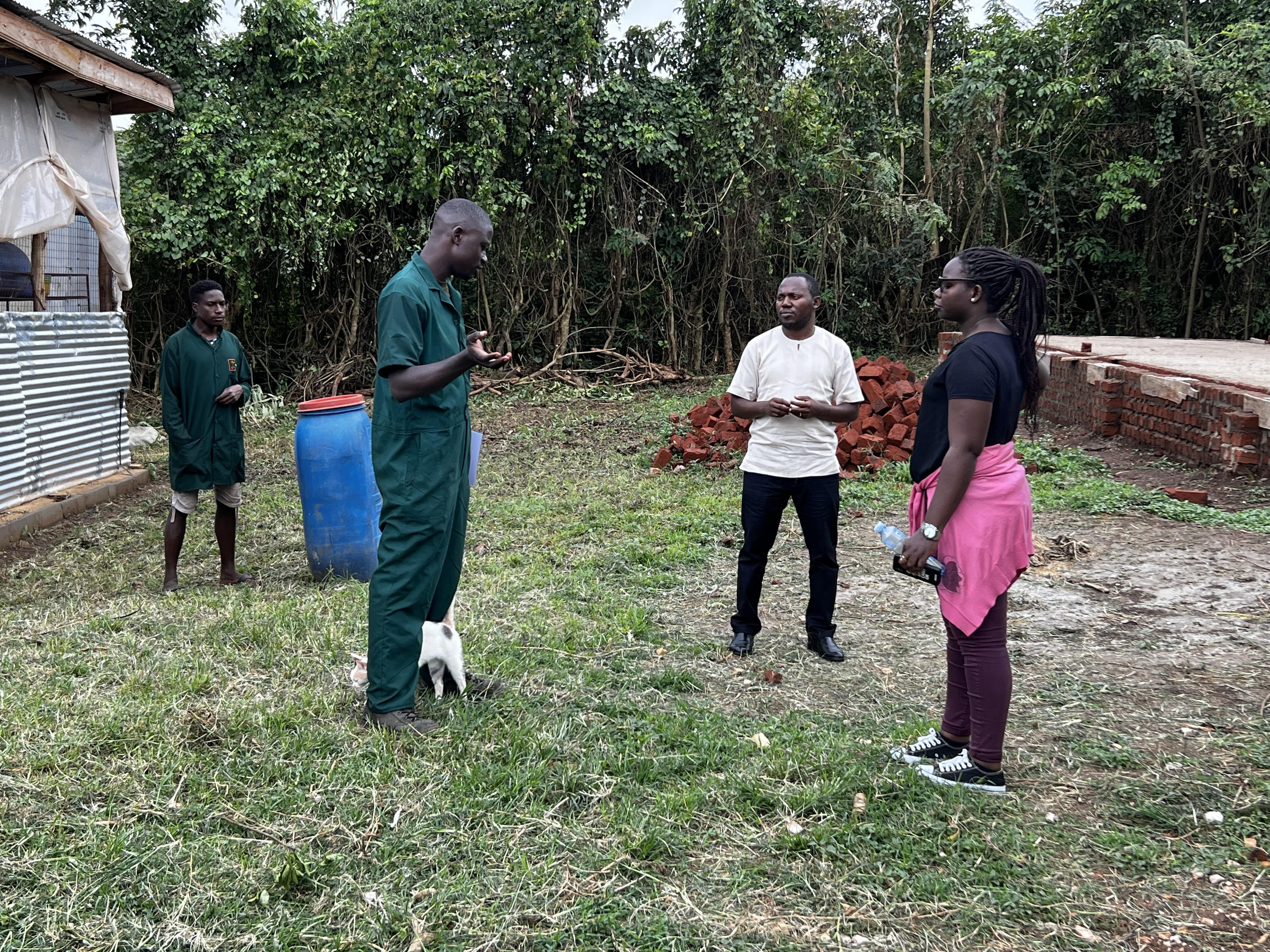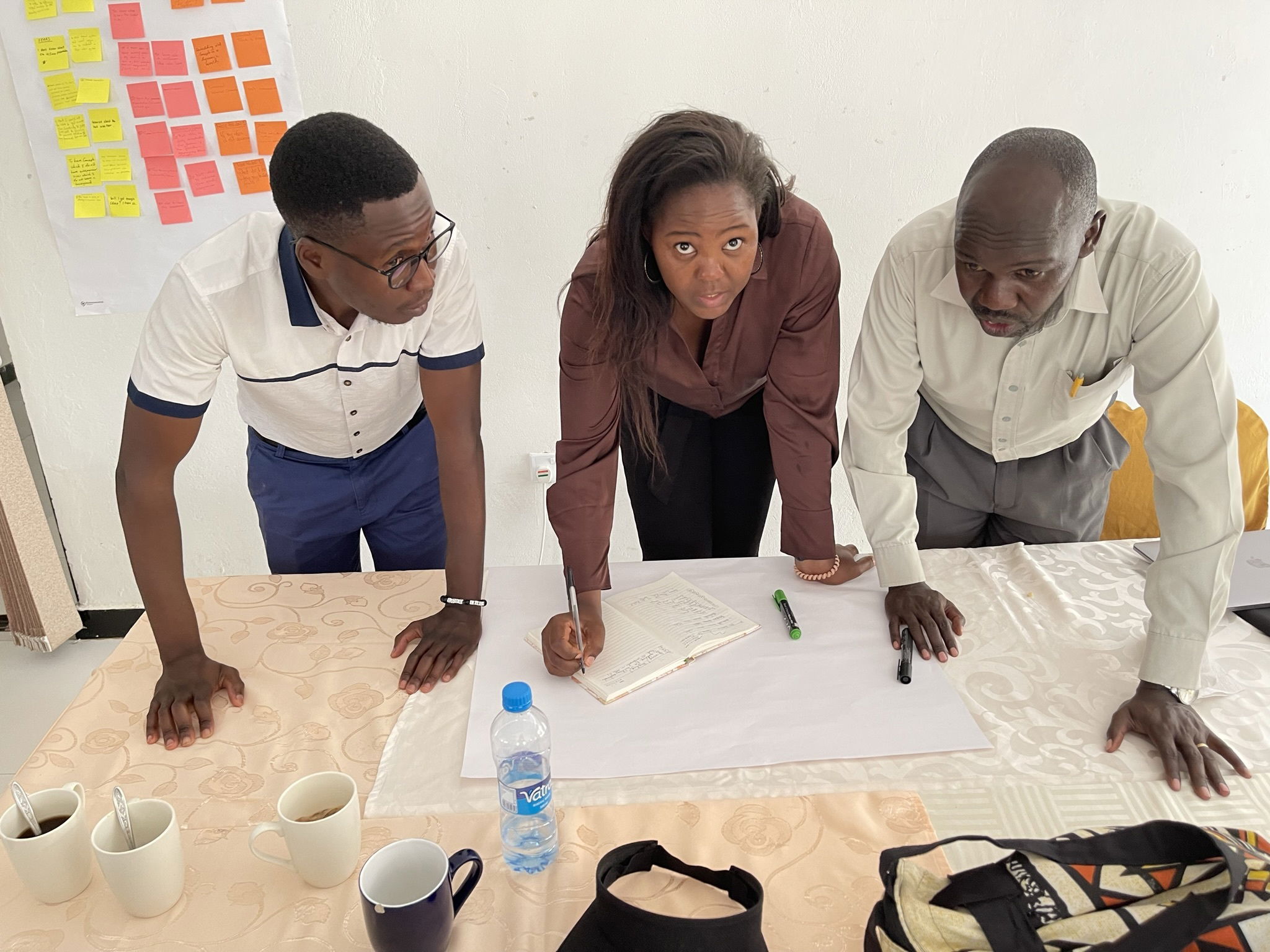International Day of Education: Learning for Lasting Peace in African Agribusiness
Education is a powerful tool that can transform societies and foster lasting peace. On the International Day of Education, observed annually on January 24th, the global community comes together to celebrate the importance of education in building a better future. This year's theme, "Learning for Lasting Peace," resonates strongly, especially in the context of Africa, where education plays a pivotal role in empowering youth and promoting sustainable development.

Education is not merely a means of acquiring knowledge; it is a catalyst for social and economic progress. When educated, communities are better equipped to address the root causes of conflicts and contribute to society's overall well-being. The International Day of Education reminds us of the role education plays in fostering tolerance, understanding, and collaboration – essential elements for achieving lasting peace.
In Africa, a significant portion of the population relies on agriculture for their livelihood, and agribusiness emerges as a promising avenue for sustainable development. The agricultural sector not only provides food and raw materials but also generates employment opportunities. However, for this potential to be fully realised, a skilled and educated workforce is crucial. One of the remarkable ways education is making a difference is by empowering African youth to engage in agribusiness. By providing them with the necessary knowledge and skills, education opens doors to opportunities within the agricultural value chain. From sustainable farming practices to agro-processing and marketing, well-rounded agribusiness education equips young individuals with the tools they need to succeed in the sector.

Various educational initiatives across Africa are focused on promoting agribusiness education and supporting youth in their entrepreneurial endeavors. These initiatives include vocational training programs, agricultural extension services, and partnerships between educational institutions and industry stakeholders. By fostering a culture of learning and entrepreneurship, these programs contribute not only to economic growth but also to social stability. Agripreneurship Alliance through its programmatic hybrid course called Entrepreneurship in Agribusiness (EiA) Course which is offered in English and French within 10 universities in 5 countries across Sub-Saharan Africa has played a significant role in providing additional training to the youths turning their ideas into entrepreneurship and in different agribusinesses. With this initiative, we ensure that education doesn't only end with what is studied and attaining the certification and degrees, we want to empower the youth in different African communities to start businesses that can create employment and financial freedom, and improve food security to build a thriving economy. Through Entrepreneurship in Agribusiness, we train 200 students in each cohort. We look forward to rewarding the winners of the Business Start-Up Awards of Cohort 6 in the coming month.
Highlighting specific success stories has illustrated the positive impact of agribusiness education on African youth. For instance, exploring cases where young entrepreneurs have transformed their communities through sustainable farming practices, innovative agro-processing techniques, and market-oriented strategies. Each year Agripreneurship Alliance compiles impact stories of the business startup award winners from different universities, these stories serve as inspiring examples of how education can be a driving force for lasting peace and prosperity. The impact stories of Cohort 4 can be read here, and don't miss out on our next impact stories for Cohort 5 on our website www.theagripreneur.org.
As we celebrate the International Day of Education and continue to invest in education, let us be reminded that we are sowing the seeds for lasting peace and prosperity in Africa and the whole world. Let’s recognise the transformative power of education in shaping the future of African youth. By emphasizing agribusiness education, we not only equip young individuals with the skills needed for success in the agricultural sector but also contribute to the overall development and stability of the continent.
Sheila Mary Bahonya
Agripreneurship Alliance
24 January 2024